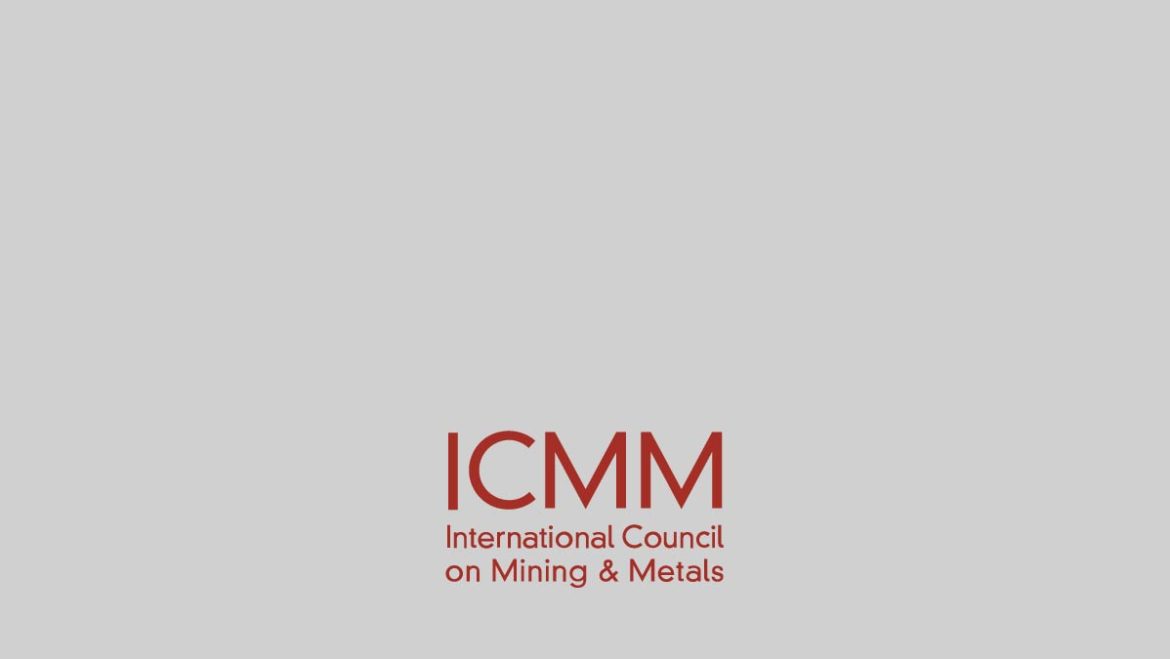A company operating in West Africa routinely gets asked by the military for fuel, the use of company vehicles, and other equipment. The military is under-resourced and it cannot adequately protect local citizens or the company without these extra resources. The company must therefore transfer equipment from time to time in order to manage security risks. The company identified that this poses a number of other risks, particularly the risk that equipment transferred could be used to carry out human rights abuses. The company also found in the past that fuel provided to the military can get bunkered (i.e. illegally sold on for profit), and vehicle parts stripped (from engines to tyres) and similarly sold on.
To manage these risks, the company put in place a number of safeguards. It has made clear to the military its expectations around conduct and only transfers non-lethal equipment. It has placed tracking equipment on all vehicles so that it knows the whereabouts of its vehicles at all times. It also provides its own paid drivers to the military when vehicles are transferred so that agreements around their use can be assured and to ensure that the vehicles are not used inappropriately. Finally, it works with its peer companies to track the amount of fuel transferred so that it can control the risk of fuel being bunkered. These safeguards have so far proven very effective in managing human rights risks.

